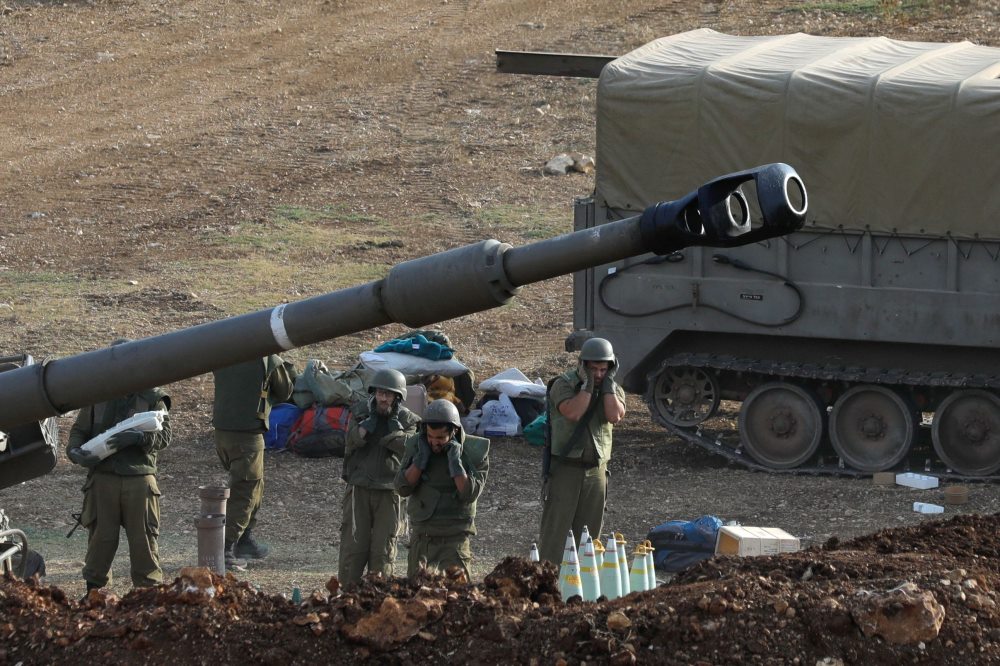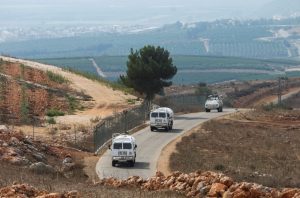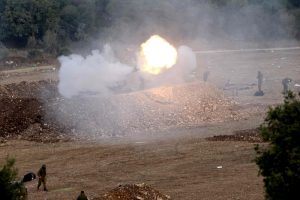Hamas attack on Israel planned (for months) in Beirut – by Fady Noun

Planning in Beirut
The offensive conducted by Hamas in Israel on 7 October had been planned for months in the Lebanese capital. L’Orient-Le Jour (LOJ) writes this today, relaunching information from the Wall Street Journal confirmed to the French-speaking newspaper by members of the so-called “axis of resistance” formed by the al-Quds Brigades, Hezbollah, Hamas, Islamic Jihad. “We are observing developments and could intervene – a Hezbollah leader told OLJ – particularly in the case of a ground offensive in Gaza”. A confirmation of the analysts’ theses according to which “Hezbollah will not let Israel destroy Hamas” and is closely following the progress of operations with Iranian soldiers in Beirut. However, according to OLJ, Hezbollah is “waiting to see what happens in the West Bank, which will likely flare up in reaction to Israeli attacks on Gaza” deciding to enter the scene only in a third phase.
this today, relaunching information from the Wall Street Journal confirmed to the French-speaking newspaper by members of the so-called “axis of resistance” formed by the al-Quds Brigades, Hezbollah, Hamas, Islamic Jihad. “We are observing developments and could intervene – a Hezbollah leader told OLJ – particularly in the case of a ground offensive in Gaza”. A confirmation of the analysts’ theses according to which “Hezbollah will not let Israel destroy Hamas” and is closely following the progress of operations with Iranian soldiers in Beirut. However, according to OLJ, Hezbollah is “waiting to see what happens in the West Bank, which will likely flare up in reaction to Israeli attacks on Gaza” deciding to enter the scene only in a third phase.
Hezbollah’s first response
On the ground, Hezbollah announced the death of seven of its fighters, killed in an Israeli attack on one of the observation posts in Aïta el-Chaab. These losses, Hezbollah explained, were due to Israel’s unilateral change of the “rules of engagement”, which took the Shiite fighters by surprise. In general, artillery exchanges between the two forces were limited to unoccupied areas and primarily as a warning. The militiamen said they responded by bombing two Israeli barracks in Brannit, home to their northern headquarters, calling the attack a “first response” to the deaths of their members. Also yesterday morning, the Jewish State had given free rein to its artillery, with a barrage of fire that had not been seen for 17 years according to local sources, in reaction to an internal infiltration into its territory later claimed by Islamic Jihad. The Israeli command later announced that it had killed “several armed suspects” in the operation, while Hezbollah denied any involvement of its fighters.
Yesterday the Lebanese army and Unifil issued a call for moderation to the parties involved in the conflict, which also affected some villages in the districts of Marjeyoun and Bint Jbeil. However, following the bombings and the Israeli decision to evacuate civilians from border villages and kibbutzim, hundreds of Lebanese families and Syrian refugees preferred to move to the more internal areas of the country. As a precaution, the Ministry of Education ordered the closure of schools bordering the bombed areas, which had been emptied of part of their population.
in the districts of Marjeyoun and Bint Jbeil. However, following the bombings and the Israeli decision to evacuate civilians from border villages and kibbutzim, hundreds of Lebanese families and Syrian refugees preferred to move to the more internal areas of the country. As a precaution, the Ministry of Education ordered the closure of schools bordering the bombed areas, which had been emptied of part of their population.
Meanwhile, Prime Minister Nagib Mikati, who received the army commander General Joseph Aoun, in turn met with the head of the UN military mission who assured him that “the government’s priority is to maintain calm on the border”.
The religious authorities have called for a “just and lasting” solution to the Palestinian problem, taking into account that the Maronite patriarch, whose voice is particularly respected, is participating in the synod of bishops in the Vatican. Finally, the creation of an emergency unit is planned to manage the situation but, contrary to what is said, at the moment there are no compromises or critical issues in the movement of passengers at Beirut International Airport.









